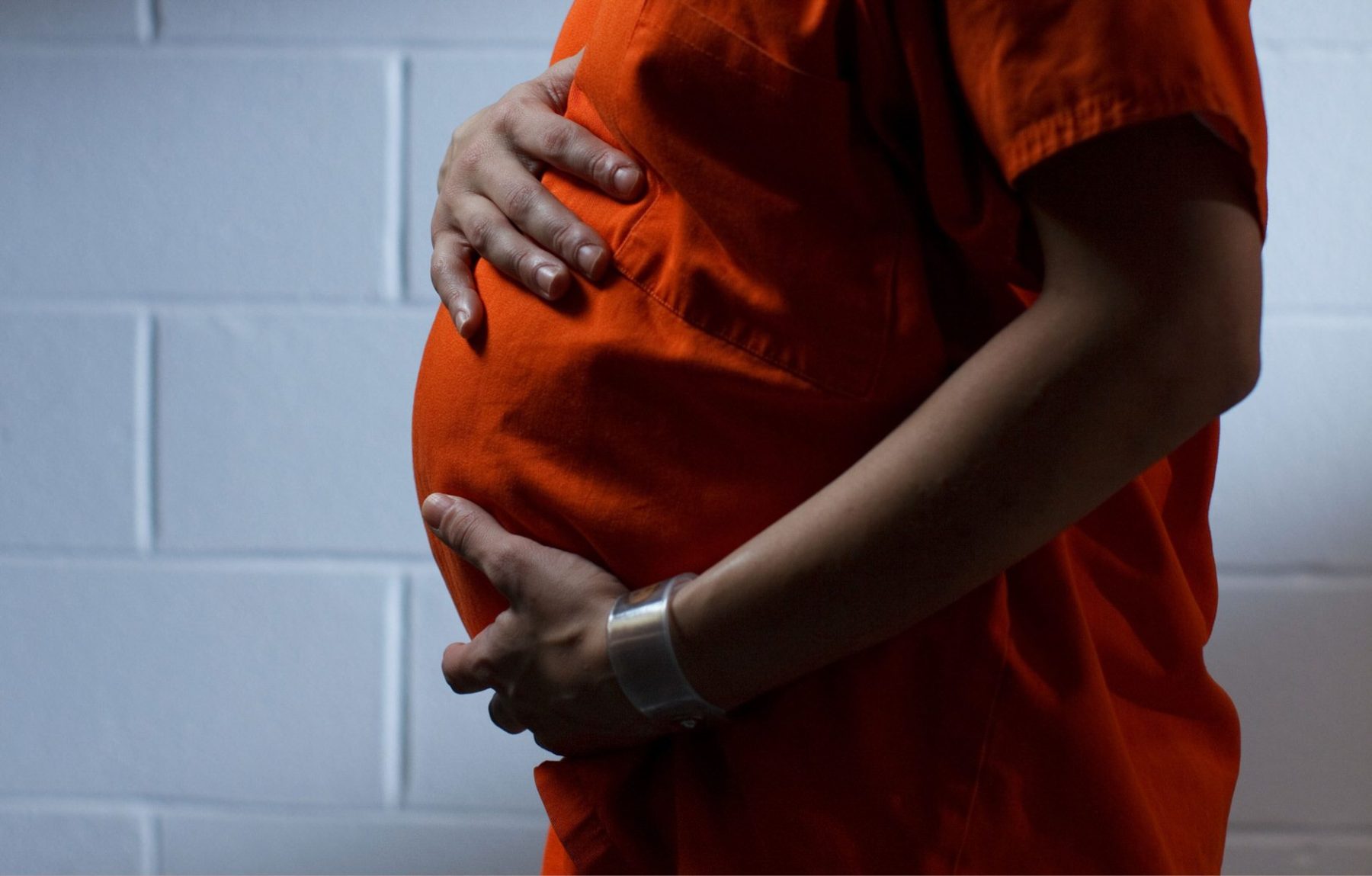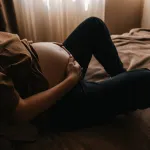Legislation introduced by Democratic Sen. Amy Klobuchar and Republican Sen. Susan Collins aims to improve care in federal prisons for pregnant and postpartum women and their babies.
If passed, the Protecting the Health and Wellness of Babies and Pregnant Women in Custody Act would establish care standards for federal facilities across the country, requiring access to medical and mental health services, as well as education around parental rights and lactation.
The act would restrict when pregnant women can be placed in restrictive housing, ban the Federal Bureau of Prisons (BOP) and U.S. Marshal Service from placing pregnant women in solitary confinement during the third trimester and require the BOP to evaluate pregnant women to determine if their pregnancy is high-risk.
“We must ensure pregnant women in custody receive the prenatal and postpartum care they need. By establishing standards for their treatment in federal custody and making sure there is reliable access to medical care and appropriate nutrition, our bipartisan legislation will improve the health and safety of these women and their babies,” Klobuchar said.
Experts say this type of legislation could help tackle the inadequate care that stems from a patchwork of rules and policies from prison to prison, as well as a lack of funding for treatment — though its impact is limited to federal facilities.
Dr. Carolyn Sufrin, an associate professor at the Johns Hopkins School of Medicine and head of the Advocacy and Research on Reproductive Wellness of Incarcerated People initiative, said that while there are existing standards for care in federal prisons, there is also a lack of uniformity.
“The issue is just that independence [from federal rules] varies from state to state where people are held. So this would potentially give some measure of standardization,” Sufrin said.
Wanda Bertram, a research analyst for the Prison Policy Initiative, said pregnant people often have trouble even getting adequate nutrition in prison.
“Prisons do typically have policies where, you know, if you’re pregnant, you can get a little bit more food,” Bertram said. “But the diet that people get in prisons is terrible.” People often have to spend their own money or money from family to supplement their meals.
From 1980 to 2020, the number of incarcerated women and girls rose more than 475 percent. According to the report “Women’s Mass Incarceration: The Whole Pie 2019” from the Prison Policy Initiative, in 2019 there were approximately 200,000 women in state prisons or local jails, compared with about 16,000 in federal prisons or jails.
“Federal prisons are just a fraction of the overall system of people incarcerated,” Bertram said.
Women of color are disproportionately impacted by incarceration. A report from the Sentencing Project released this year showed that in 2020, the rate of Black women being imprisoned was 1.7 times that of White women, and the rate of imprisonment for Latinas was 1.3 times that of White women.
The First Step Act of 2018 required the Bureau of Justice Statistics to collect data on pregnancy outcomes from federal prisons. But other facilities have no such requirements; the bill from Klobuchar and Collins could help remedy that lack of data. It includes funding for studies and data collection aimed at better understanding the health needs of pregnant women in custody — including those who are in custody at the state, tribal or local levels.
“Plenty of women that are in prison that are pregnant have not had a single prenatal or perinatal care visit with the doctor since their incarceration. That’s really, really troublesome, and that has a lot to do with the fact that prisons are not spending money to retain enough medical staff to see everybody that needs to be seen for various health issues,” Bertram said.
Sufrin said she hopes the federal legislation could be a model for states. The bill does include grants for states that would help them improve care. She also suggested that care in prisons and jails could be improved by lifting a provision that makes them largely ineligible for Medicaid.
The bill introduced by Klobuchar and Collins has been endorsed by groups including the American Psychological Association, Association of Maternal & Child Health Programs, the Vera Institute for Justice and Major County Sheriffs of America.
The legislation’s authors did not respond to questions about whether the new measures would apply to pregnant people who do not identify as women.
“Incarcerated women deserve access to quality health services, including maternity care, which can help prevent maternal health complications and ensure that newborns have a healthy start in life,” Collins said in a statement. “Our bipartisan bill would require prisons to provide appropriate accommodations and resources as well as implement training programs to support expectant mothers.”
Companion legislation in the House was introduced by Democratic Rep. Karen Bass and Republican Rep. Guy Reschenthaler.







